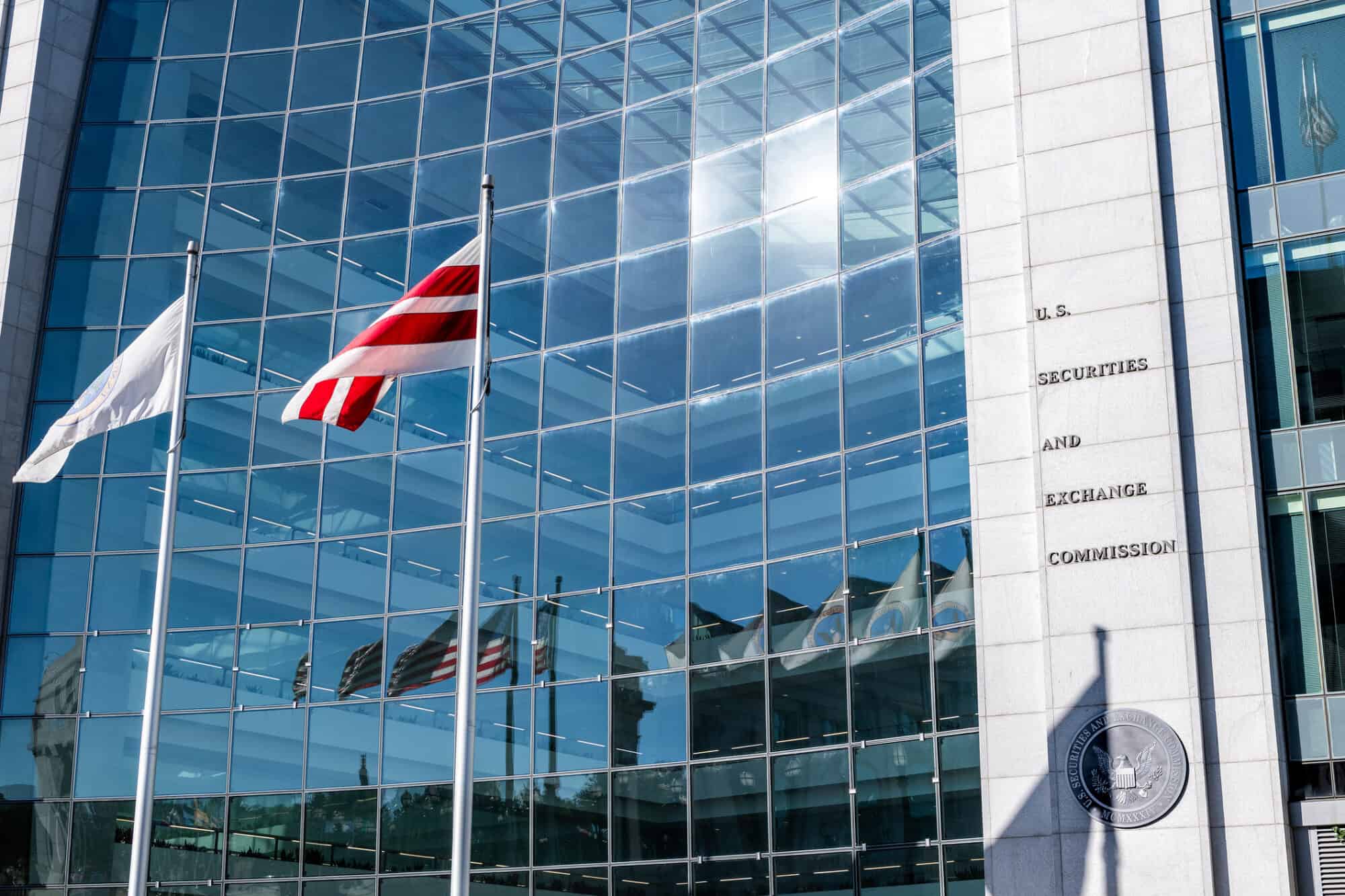NAM: D.C. Circuit Should Preserve SEC Oversight of Proxy Firms

The U.S. Court of Appeals for the D.C. Circuit should overturn a lower court’s ruling that the Securities and Exchange Commission lacks the authority to regulate proxy advisory firms, the NAM said in a recently filed brief.
What’s going on: The Nov. 15 brief asking the appeals court to overturn a February ruling by the D.C. District Court is the latest in a years-long campaign by the NAM to ensure reasonable regulation of proxy firms. These powerful, unregulated entities often dictate how shareholders vote on proxy ballot proposals that come before public companies.
- “Since the passage of the Securities Exchange Act of 1934 in the wake of the Great Depression, the Securities and Exchange Commission has regulated proxy solicitation, so shareholders can confidently vote based on transparent and reliable information,” according to the NAM brief. “Accordingly, since the proxy voting advice industry emerged four decades ago, those firms have been subject to SEC regulation.”
- Institutional Shareholder Services, the largest and most influential proxy firm, “would rather not be regulated at all”—but “[t]he record overwhelmingly establishes that proxy firms ‘solicit’ proxies under any reasonable definition,” subjecting them to SEC oversight as required by the Exchange Act.
Why it’s important: Proxy firms wield enormous influence over both manufacturers and Main Street investors, the NAM said.
- “ISS and its main competitor, Glass Lewis, control 97% of the proxy advice market and together influence nearly 40% of the U.S. shareholder vote,” the NAM told the court in its brief.
- Further, proxy firms operate with undisclosed conflicts of interest, their reports can contain errors and misleading statements and their “robo-voting” services give them the authority to cast investors’ proxy votes with no review or input by the investors themselves.
NAM on the front lines: In July 2020, after years of NAM advocacy, the SEC finalized a rule instituting critical proxy firm reforms. ISS quickly brought a legal challenge, and the NAM intervened in the case to ensure a robust defense of the rule.
- Following the change in presidential administrations in 2021, in separate lawsuits the NAM successfully challenged the Biden SEC’s refusal to enforce the 2020 rule and its rescission of critical portions of the rule.
- After an unfavorable decision from the D.C. district court in the ISS challenge, the Biden SEC declined to pursue an appeal, effectively disclaiming its authority to regulate proxy firms. The NAM took the lead as intervenor-appellant in the case, so manufacturers are now the sole bulwark against proxy firms’ unchecked power. A victory in the D.C. Circuit for the NAM would make the proxy firms subject to the 2020 rule’s important reforms.
Former SEC officials agree: A group of former SEC commissioners and staff authored an amicus brief in support of the NAM’s position.
- The brief chronicles the commission’s 50-year history of affirming that proxy firms are engaged in solicitation. The officials make clear that “stripping the SEC of its long-standing and Congressionally conferred power to regulate the firms” would “seriously harm the investing public by decreasing fairness and honesty in the markets—exactly the opposite of what Congress was trying to accomplish in the Exchange Act.”
What’s next: ISS’s response to the NAM’s brief is due in the coming weeks, and the court likely will schedule oral argument for early 2025.
